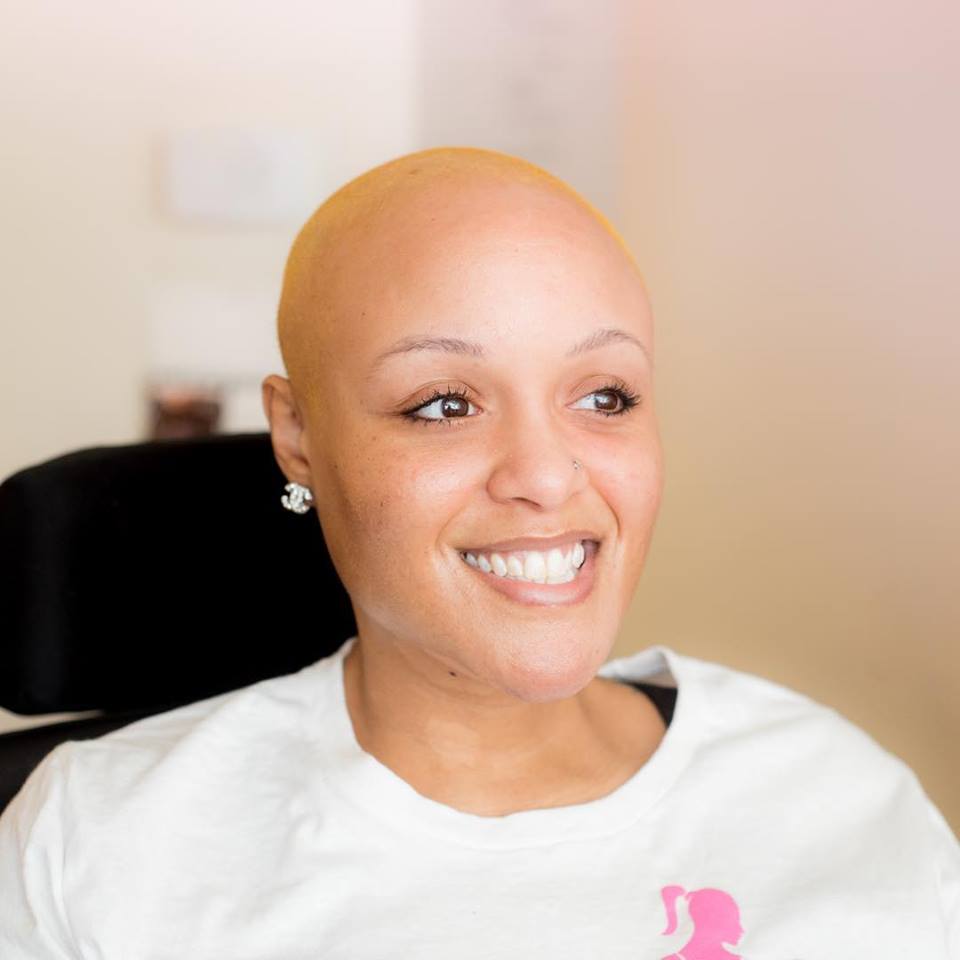5 Misconceptions about Disability
 I don't know where I want to eat. There are too many choices.
I don't know where I want to eat. There are too many choices.
Why is my high-speed internet so slow?
There's absolutely nothing (I want) to eat in this house.
All of us are guilty of making statements similar to the ones above. As Americans, we have A LOT to be thankful for compared to other countries faced with hunger, toxic water supplies and a lack of formalized structure or systems of government assistance or aid. Yet, we still have what has become affectionately known as, "first world problems," - which aren't really problems, more like annoyances with the imperfections of the luxuries we so carelessly enjoy.
You may be thinking: I thought this post is about able-bodied people or some aspect of living with a chronic illness or disability? You're right. That's exactly what this post is about. It's about the many ways I wish able-bodied people would realize their "first-world problems," are not really problems. It's not meant to guilt or blame able-bodied people, but just to remind them to take advantage of the gifts of full mobility and being able to sit up in their beds. It's about not taking anything - especially, your ability to move freely for the most part on your own for granted.
Here are three things able-bodied people should never take for granted:
- Taking a shower: Have you ever fallen in the shower? Many of you may actually say yes. Either you missed the rug, the rug was slippery or you were too busy trying to finish that text before you fully emerged in the stream of water from the showerhead. But have you ever fallen and not been able to get up? That happened to me this year. I was following my usual routine of trying to be as careful as possible and somehow, I slipped. Falling has become an unavoidable part of my life, and I usually just get back up and keep moving, but this time it was different. There wasn't anything for me to pull myself up on and on the way down I hit my head along with bruising other parts of my body. Thankfully, I use a lifeline device and was able to call for emergency assistance. Help did finally come and though I was naked and felt a little vulnerable, I was thankful for technology that can be the difference between laying somewhere for hours or waiting 30 minutes for help to come. All that to say, ENJOY YOUR SHOWERS. Be mindful that even taking a bath can be a luxury for someone in my shoes or in a similar position.
- Turning off the lights: Many of us hate when we get in the bed, have gotten halfway through a good book, started to doze off and remember we have to turn off the light. What may seem like a simple task to anyone without a chronic illness or disability can now feel like a nightmare. Can I make it to the light without falling? What if I fall on the way back...in the dark? Should I take my phone just in case? Is it even worth it? All of these considerations and more would run through my mind before upgrading my living space to run on Alexa (thank God!), but that doesn't work in hotels, over friend's houses or vacations. It may seem simple, but being able to turn off the lights is a luxury that all of us don't easily have.
- Getting a cold: I know this may not seem like something able-bodied folks shouldn't take for granted, but go with me for a moment. Getting a cold before I had my diagnosis was a lot different than it is now living with Muscular Dystrophy. When I was sick, I would tough it out, grab an over-the-counter cold medicine, maybe sleep a little longer and wait for it to pass. It didn't necessarily interrupt my life. Now - it's completely different. Getting a cold can mean war for my body. Finding the right medicine that doesn't counteract my current medications, lower my immune system or make me lethargic is a real job for me. When my body aches, I am not just sore. It can be writhing pain that limits me to either sitting or lying in bed all day - and that is NOT me. I'm an independent woman, with a business and plans to take over the world. I don't have time to bedridden with a head cold, but sometimes that can happen. Your normal seasonal cold can feel like the flu for me and others with chronic illnesses. Keep that in mind next time you feel the sniffles. Trust me, it could be a lot worse.
 If I could leave one thought with all of the brave able-bodied folks who read this, I want to remind you to be grateful. Focus on the good, encourage others who may not be in your shoes, and live your life to the fullest. Before my diagnosis, there were so many things I took for granted, but now I see that everything truly is a gift and a blessing from above.
If I could leave one thought with all of the brave able-bodied folks who read this, I want to remind you to be grateful. Focus on the good, encourage others who may not be in your shoes, and live your life to the fullest. Before my diagnosis, there were so many things I took for granted, but now I see that everything truly is a gift and a blessing from above.
It is only with gratitude that life becomes rich.”
— Deitrich Bonheiffer






